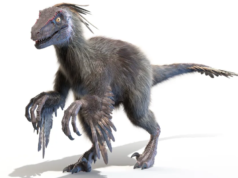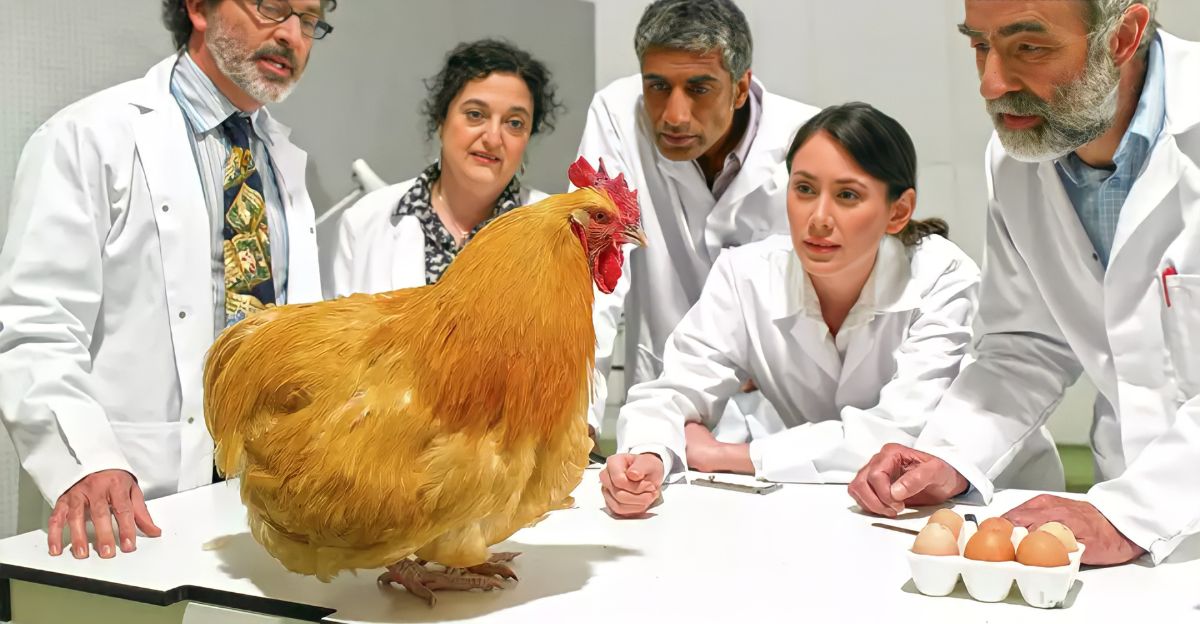
A groundbreaking theory called panpsychism posits that consciousness is a fundamental property of the universe present not only in animals but also in plants, bacteria, and even atoms. This challenges the traditional view that consciousness arises solely from complex brains, suggesting instead that all matter has some form of awareness or experience.
This perspective opens new scientific and philosophical avenues for understanding life, intelligence, and existence, blurring the lines between living and non-living entities. It invites reconsideration of how consciousness is defined and where it might reside in nature.
The Cell-Based Theory of Consciousness
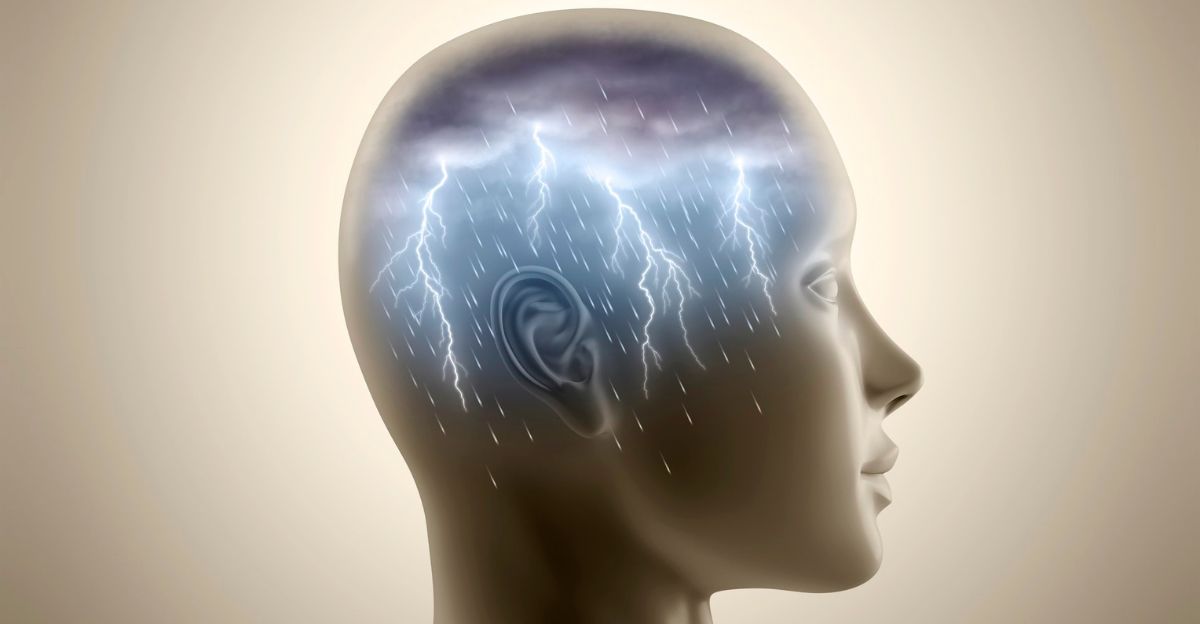
The cell-based theory of consciousness proposes that consciousness originated with the first single cells about 3.8 billion years ago and exists across all life forms, including plants, bacteria, and amoebas. Unlike the conventional model that restricts consciousness to animals with complex nervous systems, this theory argues that simple life forms exhibit basic sentience.
It suggests consciousness is deeply embedded in cellular processes, expanding the concept beyond brains to the fundamental units of life, thus broadening the scope of what entities might be considered conscious.
Evidence from Neuroscience and Physics in Plants
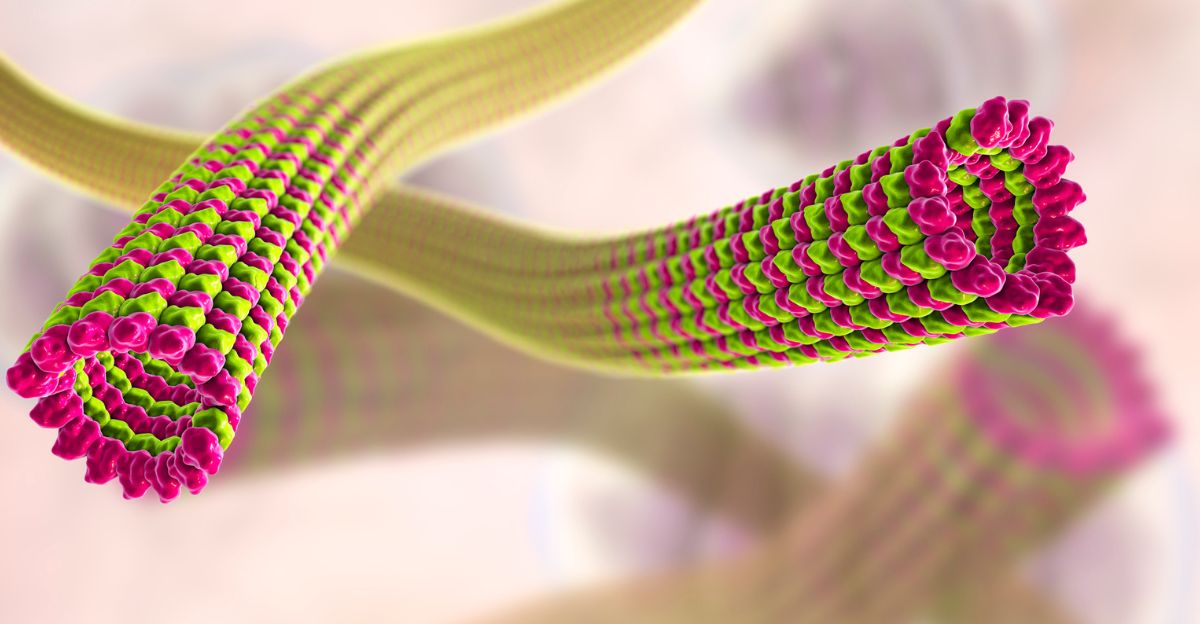
Research indicates that plants possess microtubule cellular structures linked to consciousness in animals and may exhibit electrical gamma wave synchrony, a neural correlate of consciousness. Plants also contain quasicrystal ribosome structures that could enable quantum computing processes akin to those proposed in animal consciousness theories.
These findings suggest a quantum mechanical basis for plant consciousness, challenging the idea that consciousness requires a brain and hinting at complex information processing within plant cells.
Cosmic Consciousness in Plants
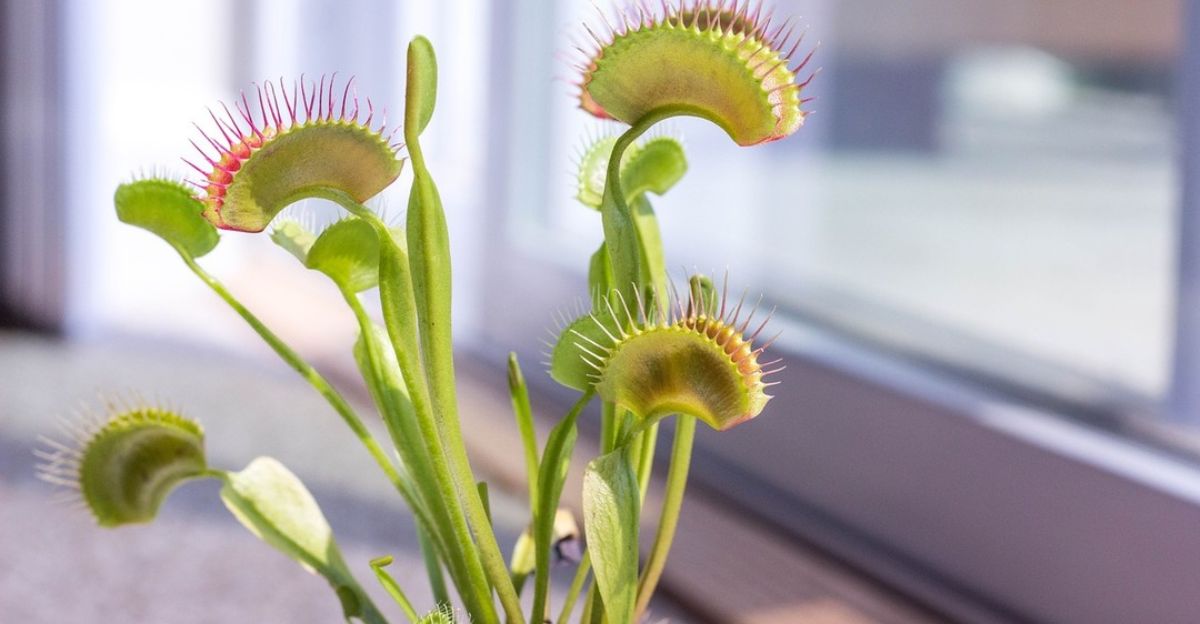
Some scientists propose plants possess a cosmic consciousness distinct from human brain-based awareness. This dual consciousness model suggests that while humans rely on neural networks, plants may use a cosmic or universal consciousness to guide survival behaviors like intentional cross-pollination.
This implies plants have proactive, conscious control mechanisms beyond simple stimulus-response, indicating a broader, more interconnected form of awareness rooted in the cosmos rather than localized brain activity.
Contrarian Viewpoints: Skepticism on Plant Consciousness

Many scientists remain skeptical, arguing plants lack the neural complexity necessary for consciousness. They emphasize that plant behaviors are reactive adaptations rather than evidence of conscious experience.
Without neurons or brains, plants do not meet established criteria for consciousness observed in animals. Critics caution against anthropomorphizing plant responses and stress that current evidence does not conclusively demonstrate subjective awareness in plants.
Behavioral and Electrophysiological Differences

While plants exhibit electrical signaling, these signals primarily regulate physiological functions rather than integrative information processing typical of conscious animals.
Plant electrical activity lacks the complexity and synchronization seen in animal nervous systems, challenging claims that such signaling equates to consciousness. This distinction underscores fundamental differences in how plants and animals process information and respond to their environments.
Unexpected Intersections with Other Fields

The idea that consciousness pervades all matter intersects with artificial intelligence, evolutionary biology, and philosophy. It could reshape AI development by inspiring new models of distributed intelligence.
Evolutionary biology might reconsider the origins and nature of cognition, while philosophy grapples with the ethical implications of recognizing consciousness in all life forms. This theory challenges conventional boundaries, potentially influencing biotechnology, environmental ethics, and our understanding of intelligence.
Surprising Case Studies and Extreme Examples

Amoebas, single-celled organisms without brains, demonstrate behaviors like building protective shells in response to environmental stress, suggesting basic sentience.
Such examples highlight that even the simplest life forms exhibit adaptive, purposeful actions that may reflect a primitive form of consciousness. Geological formations like the White Cliffs of Dover, composed of ancient cellular life, serve as extreme records of such cellular behaviors over evolutionary time.
Historical Context and Evolution of Consciousness Theories

Consciousness theories have evolved from brain-centric views to broader frameworks like panpsychism and cell-based consciousness. Early scientific thought confined consciousness to animals with nervous systems, but neuroscience and quantum physics advances have expanded this view.
Over decades, research has progressively challenged the exclusivity of brain-based consciousness, suggesting a continuum of awareness that includes simpler life forms and possibly inanimate matter.
Conclusion and Implications

This emerging theory challenges long-held assumptions by proposing consciousness as a universal property of life and matter. While the debate continues, it urges further research into consciousness beyond brains, with profound implications for science, philosophy, and society.
Recognizing consciousness in plants and simpler organisms could transform ethical considerations, environmental policies, and our fundamental understanding of life’s interconnectedness.
Explore more of our trending stories and hit Follow to keep them coming to your feed!
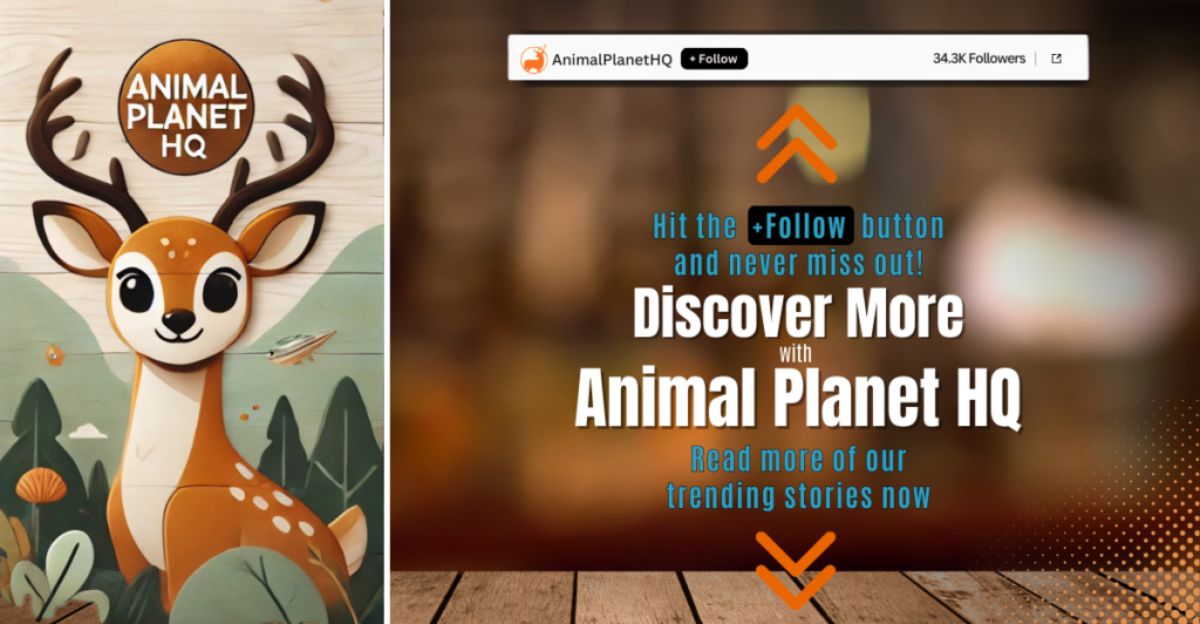
Don’t miss out on more stories like this! Hit the Follow button at the top of this article to stay updated with the latest news. Share your thoughts in the comments—we’d love to hear from you!



